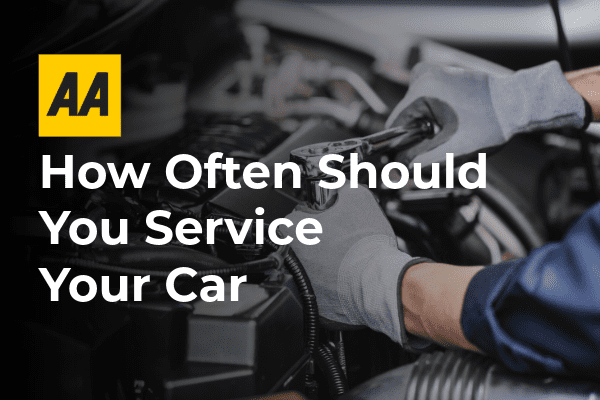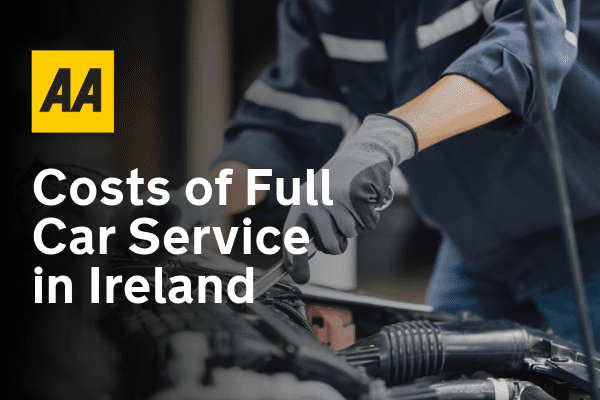Screech! Was that your car telling you it’s time for an oil change? Most of us drive daily but don’t give our cars the proper care and maintenance they deserve. Putting off that oil change and regular servicing might save you a few bucks now, but it could end up costing you big time later. Your engine needs clean oil to run smoothly and last over 200,000 miles. So show your ride some love and schedule that oil change today. In this article, we’ll look at why regular maintenance like oil changes really matters – especially if you want your sweet ride to last. We’ll also give you pro tips on signs your car desperately needs servicing, how often to get it done, and what to expect during a tune-up. Consider this your guide to taking great care of your car, so it takes great care of you for years to come.
The Importance of Regular Oil Change Service for Your Car
Keeping your car engine properly lubricated with clean oil is one of the best ways to extend its life. As oil circulates through your engine, it picks up metal particles and contaminants. Over time, this used oil loses its ability to lubricate and cool engine components, which can cause permanent damage.
Extend Your Engine’s Lifespan
By changing your oil regularly according to your vehicle’s recommendation, typically every 3,000 to 7,500 miles, you can help your engine last 200,000 miles or more. Fresh, clean oil lubricates and cools critical parts like pistons, valves, and cylinders. This prevents build-up of sludge and keeps your engine running smoothly.
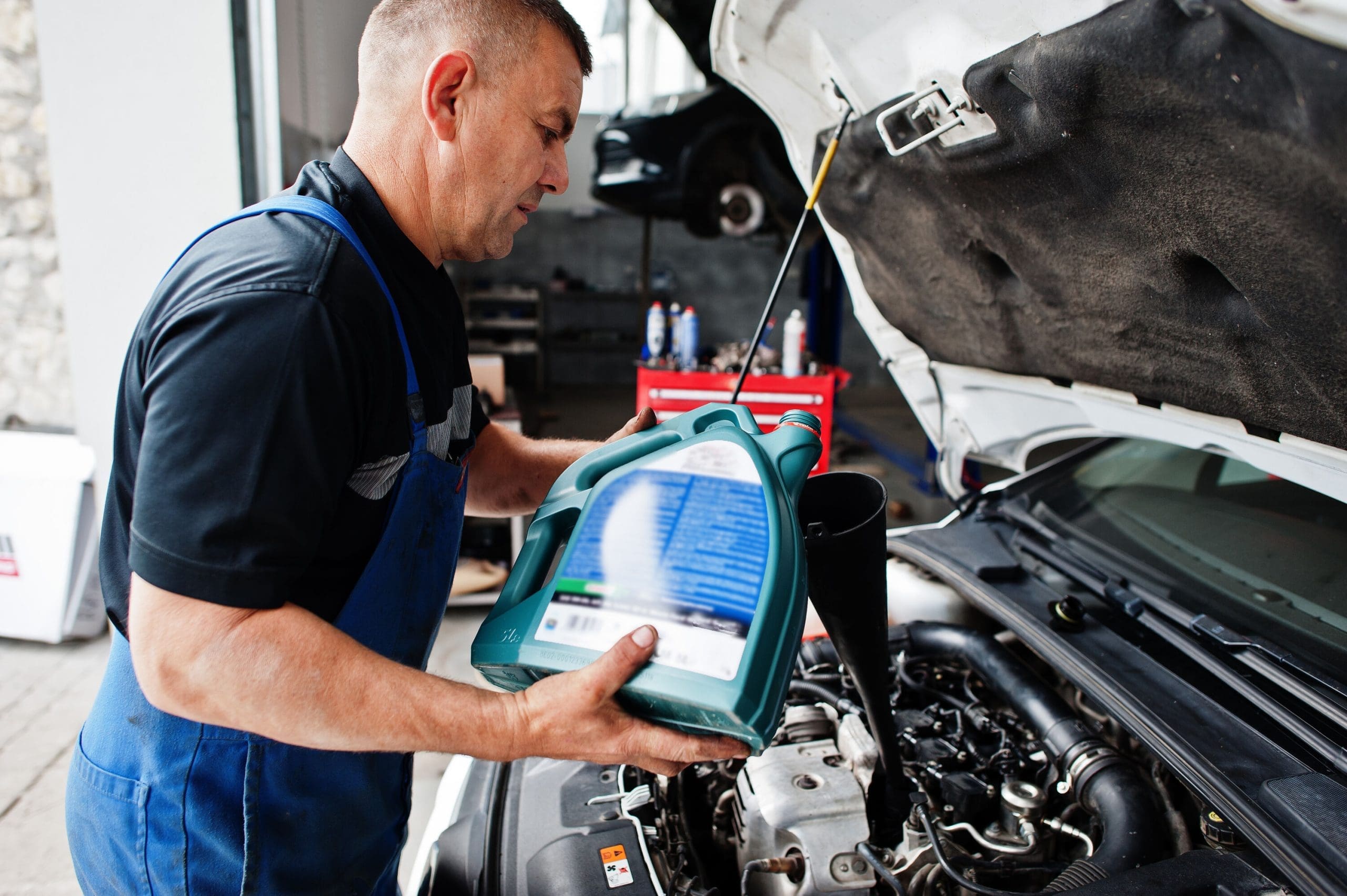
Improve Fuel Efficiency
Dirty oil cannot lubricate and cool as well, forcing your engine to work harder. This reduces power and performance, and lowers gas mileage. A simple oil change can improve your fuel efficiency by up to 10 percent.
Save Money on Repairs
The high cost of major engine work like replacing pistons or an entire engine far outweighs the modest cost of a routine oil change. Regular oil service helps identify minor issues early on so you can fix them before they lead to major damage. It also keeps your vehicle under warranty and prevents voided coverage due to neglected maintenance.
Ensure Safe Driving
Clean oil is essential for optimizing braking, steering, and suspension systems. Dirty or low oil reduces your vehicle’s ability to handle and respond properly. It’s not worth risking your safety to skip an oil change. For the value, dependability and peace of mind, make it a priority to change your oil regularly according to the recommendation in your owner’s manual. Your vehicle and wallet will thank you!
How Often You Should Get an Oil Change Service
An oil change is the most important part of keeping your vehicle running well. As a general rule of thumb, you should aim to get your oil changed every 3,000 to 5,000 miles for most vehicles. However, your owner’s manual will specify the exact interval recommended for your specific make and model. It’s best to follow that recommendation to ensure maximum engine life.
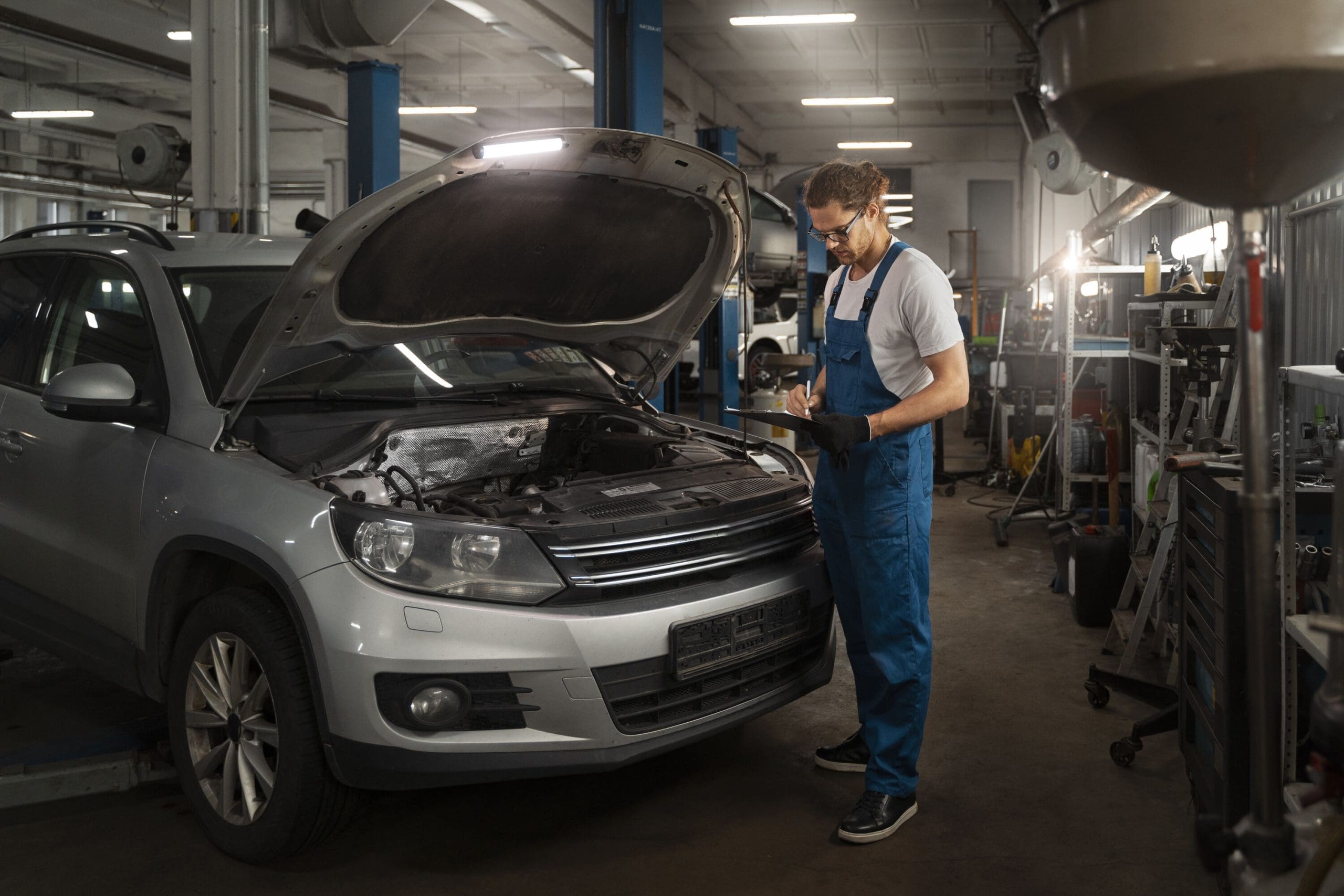
Why is frequent oil changing so critical?
Used motor oil breaks down over time and loses its ability to properly lubricate your engine. Dirty oil cannot protect and cool critical engine parts as well, which can lead to permanent damage if left for too long. An oil change also allows your mechanic to inspect other components like air filters, fuel filters, and belts for any needed replacements.
What happens during an oil change service?
A standard oil change involves draining out the old used oil and replacing it with fresh, clean oil that meets your vehicle’s specifications. The oil filter is also replaced to remove any built-up contaminants. Your mechanic will then check and refill other fluids like coolant, brake, and power steering fluid. They will also inspect components like the air filter, serpentine belt, and hoses for any signs of wear or damage.
How can you save money on oil changes?
To save money on routine maintenance, consider using synthetic oil which can last longer between changes, usually around 7,500 miles. You can also check for any current oil change coupons or specials from local shops. Buying oil and filters in bulk and doing the work yourself is another option if you’re mechanically inclined. However, for the average driver, it’s best to have oil changes done by a certified mechanic to ensure it’s done properly. Your engine is too valuable to take any risks!
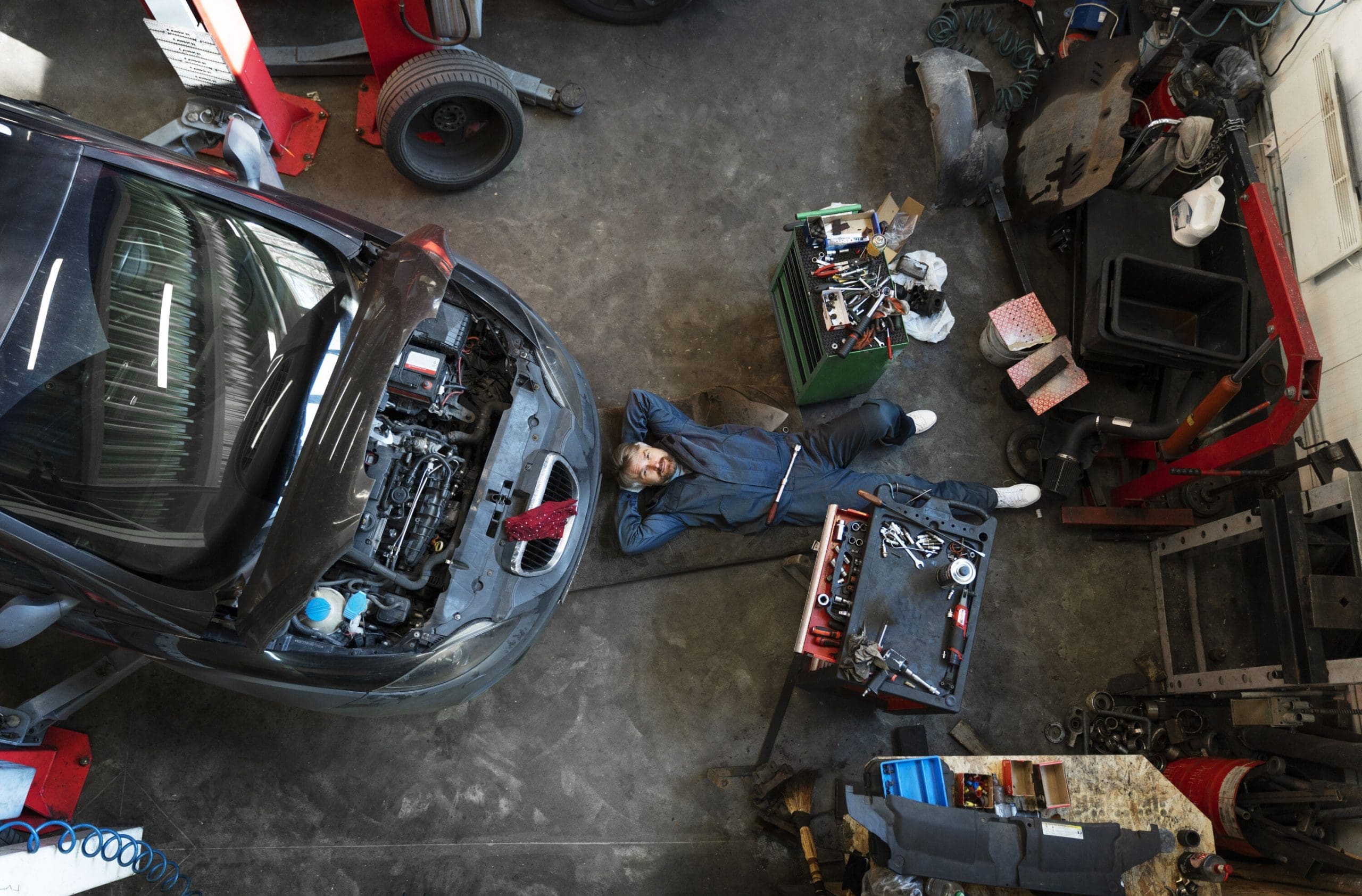
Regular oil changes and maintenance help avoid expensive repairs down the road and keep your vehicle running well for years to come. For the best value and convenience, check out the AA’s approved service centre’s. We have certified mechanics which will handle your oil change quickly and professionally so you can get back out on the road.
Finding a Reputable Car Service Near Me for Your Oil Change Service
You rely on your vehicle to get you where you need to go, so finding a trustworthy auto shop for routine maintenance like oil changes is important. When searching for “car service near me,” look for places with excellent reviews that specialize in your vehicle’s make and model. Ask friends for recommendations of honest, skilled mechanics in your area. Check websites or the shop’s Google reviews to see what other customers say about the quality of service, prices, and staff.
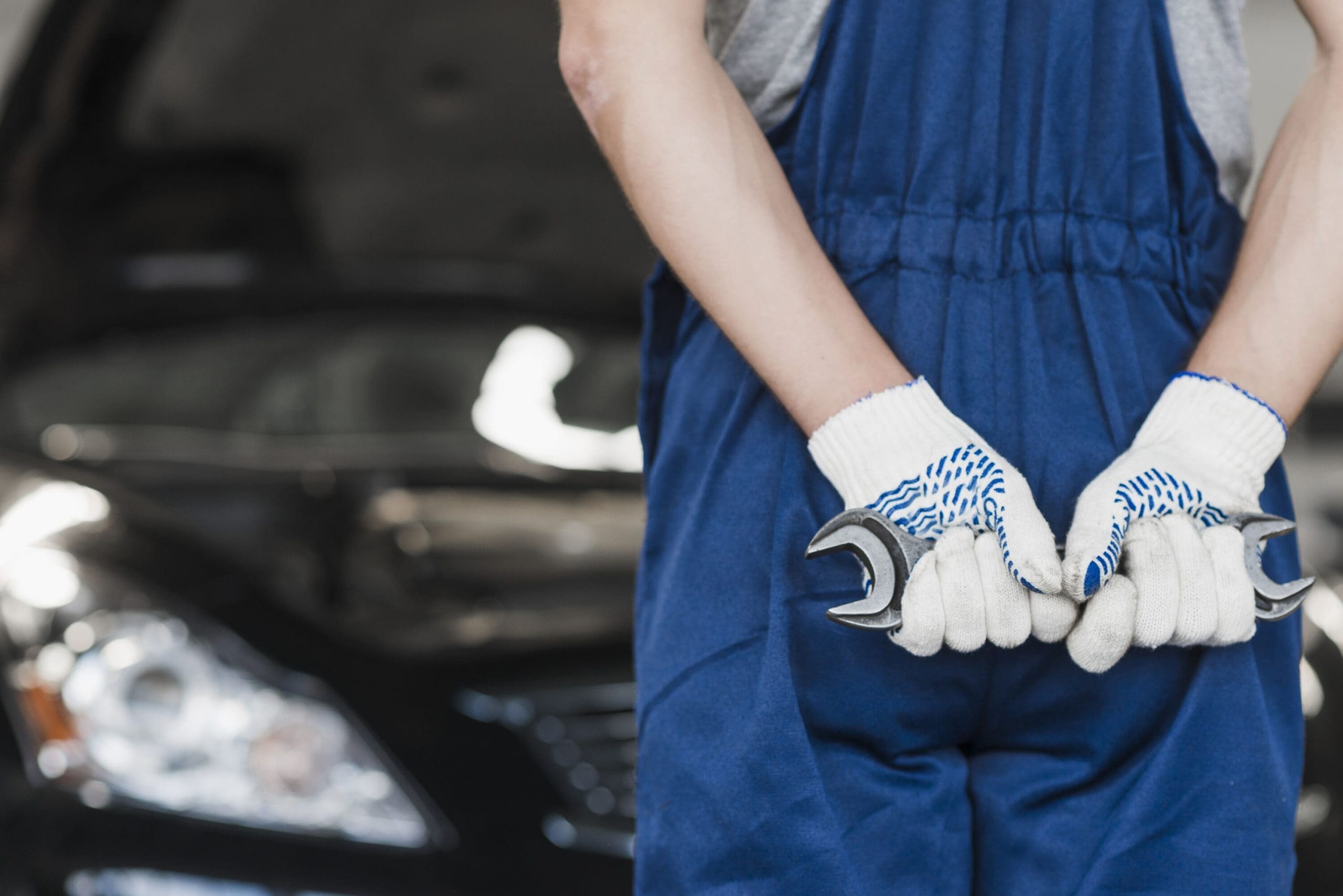
Once you find a promising option, call to inquire about their oil change service. Ask if they use high-quality parts and fluids that meet or exceed your vehicle’s recommendations. High-mileage or synthetic oil types may be better for certain engines. See if they offer additional services like tire rotations, filter replacements or multi-point inspections with the oil change. This full-service approach shows they aim to keep your car running well long-term.When you go into the shop for your appointment, pay attention to the customer service and professionalism. The staff should be friendly, knowledgeable and willing to thoroughly explain any recommended additional work. They should perform a multi-point inspection to check tire pressure, brakes, belts and hoses in addition to replacing your oil and filter. An oil change is also a good opportunity for the mechanic to spot other potential issues early on.








